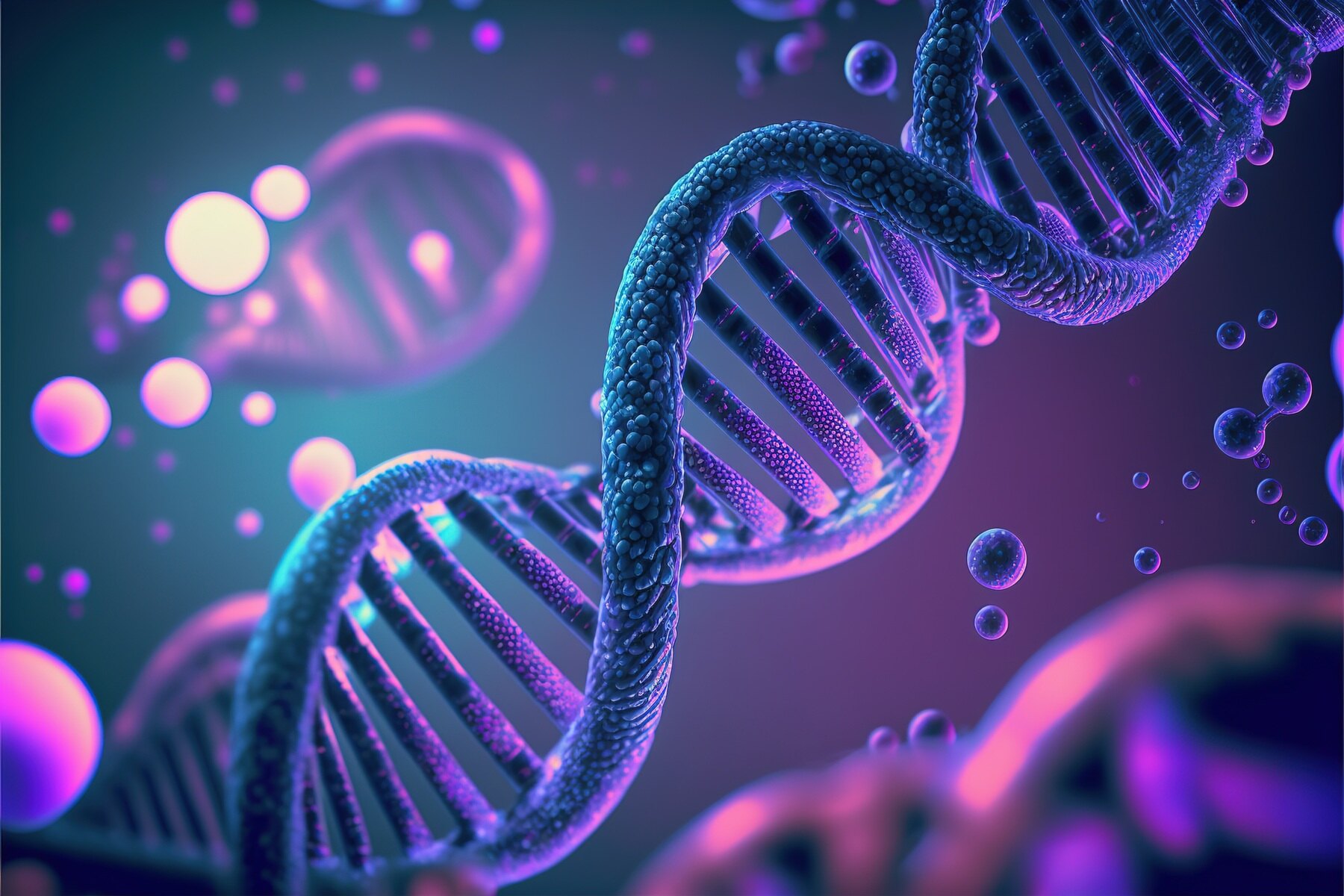
Ever wondered why April 25th holds a special place in the world of genetics? National DNA Day is the answer, marking a pivotal moment in science. This day celebrates the discovery of DNA's double helix in 1953 and the completion of the Human Genome Project in 2003, achievements that have revolutionized our understanding of genetics. But, why should we care? Well, DNA is the blueprint of life, influencing everything from our health to our ancestry. So, grab your curiosity hat as we dive into 13 fascinating facts about National DNA Day. From groundbreaking discoveries to how this knowledge impacts our daily lives, prepare to be amazed by the power and mysteries of DNA.
Key Takeaways:
- National DNA Day on April 25th celebrates DNA's discovery and the Human Genome Project. It's a day to learn about genetics and its impact on medicine, forensics, and more.
- DNA Day events offer fun ways to learn about genetics, from workshops to online activities. It's a chance to explore DNA's role in ancestry, medicine, and inspiring future scientists.
What is National DNA Day?
National DNA Day, celebrated on April 25th, marks the day in 1953 when scientists James Watson, Francis Crick, Maurice Wilkins, Rosalind Franklin, and colleagues published papers in the journal Nature on the structure of DNA. Additionally, this day commemorates the completion of the Human Genome Project in 2003, a monumental scientific achievement that mapped and sequenced the entire human genome.
Why Celebrate DNA Day?
Celebrating DNA Day provides an excellent opportunity to learn about genetic science and its implications for society. It's a day to appreciate the scientific advancements that have revolutionized medicine, forensic science, and our understanding of heredity and evolution. Schools, universities, and scientific institutions often hold events to educate and inspire future generations of scientists.
Fascinating Facts About DNA
-
DNA, or deoxyribonucleic acid, is the hereditary material in humans and almost all other organisms. Nearly every cell in a person’s body has the same DNA.
-
Most DNA is located in the cell nucleus (where it is called nuclear DNA), but a small amount of DNA can also be found in the mitochondria (known as mitochondrial DNA or mtDNA).
-
The human genome contains about 3 billion base pairs of DNA, which are the building blocks of the genetic code.
-
If you were to stretch out the DNA in one human cell, it would be about 2 meters long. Considering all the cells in a human body, the total length of DNA would be astronomical, stretching from the Earth to the Sun and back more than 300 times.
-
DNA is not static; it can be damaged or mutate, which can lead to genetic disorders or increase the risk of certain diseases. However, cells have repair mechanisms that fix most DNA damage.
How DNA Impacts Our Lives
-
Genetic testing can reveal information about your ancestry, susceptibility to certain diseases, and potential response to medications, among other genetic traits.
-
Forensic science uses DNA profiling as a powerful tool for identifying individuals in criminal investigations and solving cold cases.
-
Advances in genetic engineering and biotechnology have led to the development of genetically modified organisms (GMOs), which can be more nutritious, resistant to pests, and have a longer shelf life.
-
Personalized medicine, which tailors medical treatment to the individual characteristics of each patient, relies heavily on understanding a person's genetic makeup.
Celebrating National DNA Day
-
Many educational institutions and scientific organizations host lectures, workshops, and interactive activities to engage the public in genetics and genomics.
-
Online platforms and social media play a significant role in spreading awareness about DNA Day through webinars, virtual lab tours, and Q&A sessions with geneticists.
-
DNA Day sales are common among companies offering genetic testing kits, providing an affordable way for individuals to learn about their genetic information.
-
Participating in National DNA Day events can inspire young people to pursue careers in science, technology, engineering, and mathematics (STEM) fields, contributing to the next generation of scientific discovery.
A Look Back at National DNA Day
National DNA Day, celebrated every April 25th, isn't just another date on the calendar. It's a day that marks significant strides in our understanding of human genetics. From the groundbreaking discovery of the DNA double helix to the ongoing advancements in genetic research, this day reminds us of the power of science and its impact on our lives. Schools, communities, and researchers come together to share knowledge, spark curiosity, and inspire the next generation of scientists. Whether you're a budding biologist or just curious about your genetic makeup, National DNA Day offers a chance to dive into the fascinating world of genetics. Let's keep the conversation going, encourage scientific exploration, and maybe, just maybe, uncover more about what makes us uniquely us.
Frequently Asked Questions
Was this page helpful?
Our commitment to delivering trustworthy and engaging content is at the heart of what we do. Each fact on our site is contributed by real users like you, bringing a wealth of diverse insights and information. To ensure the highest standards of accuracy and reliability, our dedicated editors meticulously review each submission. This process guarantees that the facts we share are not only fascinating but also credible. Trust in our commitment to quality and authenticity as you explore and learn with us.
